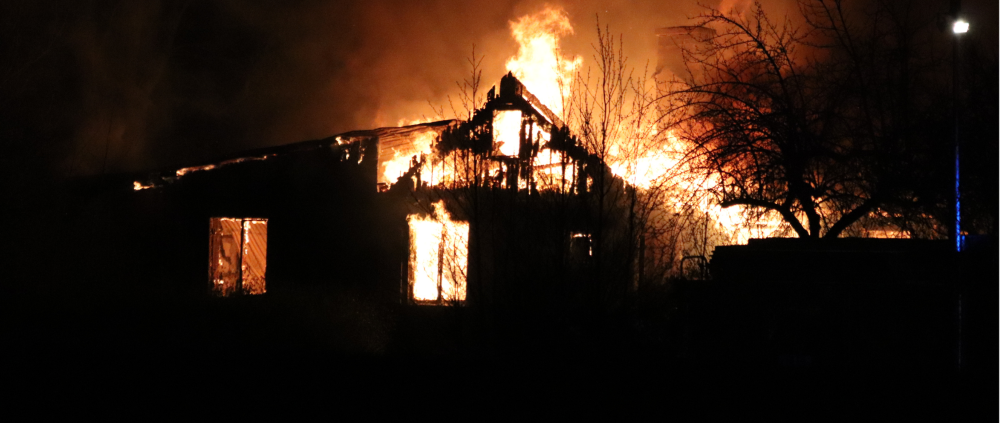So far in 2023, Canada’s had wildfires devouring over 30 million acres, an expanse comparable to Kentucky. This has already surpassed Canada’s earlier record set in 1989, where flames ravaged more than 18 million acres.
As the wildfire-season isn’t over yet, using the 1989 figures (much less than 2023) 18 million acres could yield in the order of 18 billion trees, assuming a thousand trees per acre. A typical pine tree, measuring approximately 45 feet in usable trunk length and eight inches in diameter, is believed to yield about 10,000 sheets of A4 paper.
I.e. the 1989 Canadian wildfires possibly burned around 180 trillion sheets of A4 paper – enough to cover up the whole of Europe or stock the ancient Library of Alexandria 30 billion times over! The exact number of scrolls the Library of Alexandria contained isn’t definitively known and varies across historical sources, so it was assumed the library held 500,000 scrolls (estimates can range anywhere from 40,000 to over a million). It was also assumed that one scroll is equivalent to 10 sheets of A4 paper, for simplicity.
When the ancient Library of Alexandria was burned down (the second time), it wasn’t due to climate change but because Julius Caesar fancied Cleopatra and when he became involved in the internal conflict between her and Ptolemy XIII, he ignited the ships at the port of Alexandria and it’s speculated that this blaze extended to the library, leading to its total devastation.
It wasn’t the only time a Roman leader burned down the library because another section of the library was housed within a temple devoted to the deity Serapis. In 391 CE, under the edict of Roman Emperor Theodosius, Christianity was proclaimed the sole permitted religion of Rome, leading to the demolition of all pagan temples. Consequently, the Serapis temple in Alexandria was razed, resulting in the loss of the library’s secondary branch (talk about single-minded).
It’s believed by historians that the Library of Alexandria once contained more than half a million documents sourced from regions like Assyria, Greece, Persia, Egypt, India, among others. While gauging the storage for images remains challenging, the textual contents of this vast library could feasibly fit on a 16Gb USB drive.
Whilst this ancient information-storage is impressive, it pales into insignificance when compared to the amount of worldwide information being produced daily. This amount of information is growing geometrically and inexorably as this page and image (c/o Statistica) shows : https://www.statista.com/statistics/871513/worldwide-data-created/
The next time you see a humble USB-stick, consider all the trees/wood/paper/books it could back-up and spare a thought for how the ancient librarians must have felt after the fires without an effective disaster-recovery policy!
If you would like to discuss your technology requirements please:
- Email: hello@gmal.co.uk
- Visit our contact us page
- Or call 020 8778 7759
Back to Tech News



